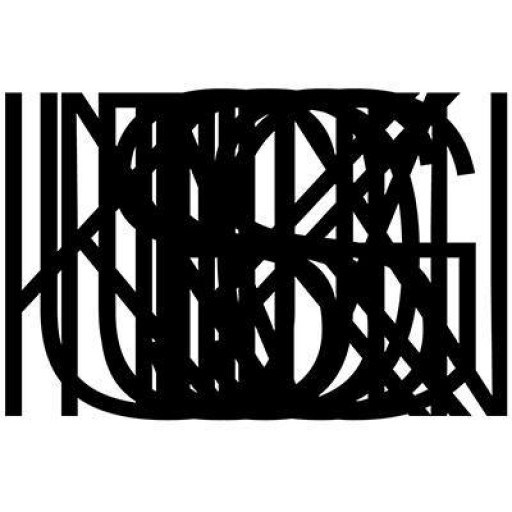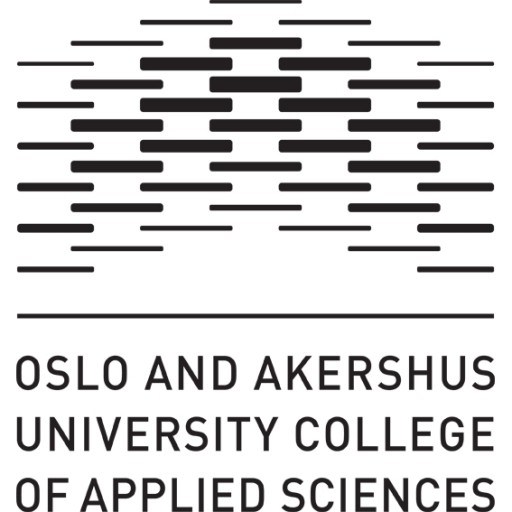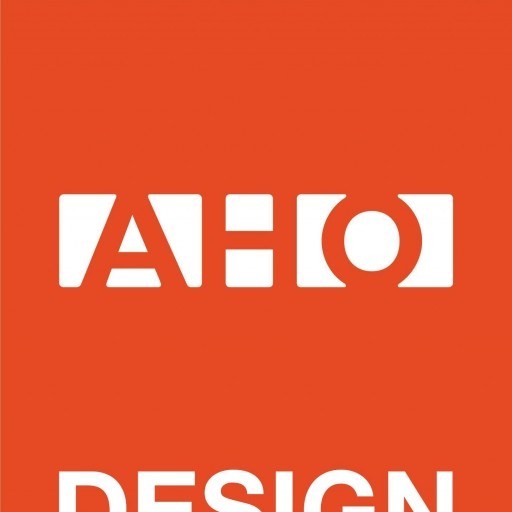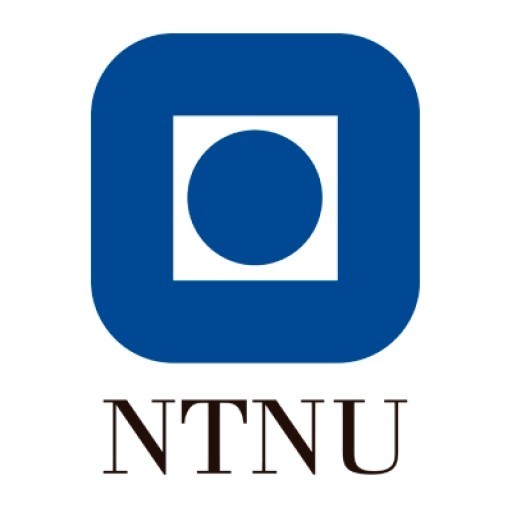Photos of university / #ntnu
Product and System Design is a comprehensive master's degree programme offered by the Norwegian University of Science and Technology (NTNU). This programme is specifically tailored for students who aspire to become creative and innovative designers of complex products and systems, combining technological expertise with a user-centered approach. Throughout the course of this programme, students will develop advanced skills in designing, developing, and managing innovative products and systems that meet the needs of users and society at large. The curriculum focuses on integrating engineering, design, and management principles to foster a holistic understanding of product development processes. Students will gain hands-on experience through project work, laboratory exercises, and collaboration with industry partners, enabling them to address real-world challenges with innovative solutions.
The programme covers a wide array of topics, including product development, prototyping, user experience, sustainability, and intelligent systems. It emphasizes the importance of designing for usability, sustainability, and competitiveness in a global market. Students will learn to utilize modern tools and methodologies such as CAD, simulation, and agile development, equipping them with the skills needed to lead multidisciplinary teams in the creation of innovative products and systems. The degree also promotes entrepreneurial thinking, encouraging students to develop their own start-up ideas or work within established organizations to bring new products and systems to market.
Graduates from the Product and System Design programme are well-prepared for careers in industry, consulting, and research. They may work as product designers, system engineers, innovation managers, or entrepreneurs, contributing to the development of sustainable and user-oriented solutions across various sectors such as manufacturing, automotive, electronics, and technology. The programme fosters a collaborative learning environment, engaging students with faculty, industry partners, and international students, thereby enriching their educational experience and broadening their professional networks.
The Master’s degree qualifies students for doctoral studies and is aligned with national and international standards for design education. It combines theoretical foundations with practical application, ensuring graduates possess the competencies to drive innovation and excellence in product and system design. With a strong emphasis on creativity, technical expertise, and sustainable development, the programme prepares students to meet the demands of a rapidly evolving global market and to contribute meaningfully to societal and technological advancements.
The Master's degree program in Product and System Design at the Norwegian University of Science and Technology (NTNU) is a comprehensive and innovative educational offering aimed at developing skilled professionals capable of designing, developing, and managing complex products and systems across various industries. This program emphasizes a multidisciplinary approach, combining engineering, design thinking, and technological expertise to prepare students for the challenges of modern product development in a globalized and rapidly changing technological landscape.
Throughout the program, students will engage with core concepts such as design methodology, user-centered design, sustainable development, and innovation processes. They will gain a deep understanding of product lifecycle management, prototyping, and the integration of new technologies such as digital manufacturing, automation, and data analysis. The curriculum is structured to foster creativity, analytical thinking, and practical problem-solving skills, enabling graduates to conceptualize and realize innovative solutions that meet societal, environmental, and economic demands.
The program is tailored to equip students with both technical skills and a strategic mindset. Courses include advanced design techniques, research methods, digital tools for product development, and project management. Students will often work on real-world projects in collaboration with industry partners, providing valuable practical experience and networking opportunities. Emphasis is placed on teamwork and communication skills, vital for successful interdisciplinary collaboration in professional settings.
Research and innovation play a central role in the program, with students encouraged to participate in ongoing research projects at NTNU’s faculties and centers related to product development and system design. Faculty members are experts in their fields, offering mentorship and guidance throughout the study period. The Master's thesis involves a significant independent research project, allowing students to contribute to cutting-edge developments in product and system design.
Graduates of this program are well-prepared for careers in various sectors, including manufacturing, technology, automotive, aerospace, healthcare, and consumer goods. They can work as product designers, system architects, innovation managers, or research and development specialists. Many graduates also pursue PhD studies or entrepreneurial endeavors, thanks to the solid foundation in design principles, technological understanding, and project execution skills provided by the program.
Overall, the Master’s degree in Product and System Design at NTNU offers a challenging and forward-thinking education that combines theoretical knowledge with practical application, preparing students to become leaders and innovators in the dynamic field of product and system development.
The Product and System Design master's program at the Norwegian University of Science and Technology (NTNU) offers various financing options for students. Tuition fees for international students apply, but students may explore scholarships and grants available through NTNU and external sources. NTNU provides several scholarship opportunities specifically designed to support international master's students, such as the NTNU Scholarship Scheme, which covers partial or full tuition fees based on academic merit and financial need. Additionally, students might be eligible for external scholarships from organizations such as the Norwegian State Educational Loan Fund (Lånekassen), which offers loans and grants for students studying in Norway, including those enrolled in master's programs. These financial aids can significantly reduce the economic burden of studies.
Students are encouraged to apply early for scholarships to ensure eligibility and to explore potential part-time employment opportunities within Trondheim, where the university is located. Norway's high living standards and welfare system offer extensive social support, including healthcare services and social security, which can offset living expenses to some extent. The cost of living in Trondheim is moderate compared to other major European cities, making it feasible for students to manage their budget with proper planning.
For students interested in research or teaching assistant positions, NTNU periodically offers such roles to eligible students, providing additional income and valuable professional experience. Students are advised to consult NTNU's official financial aid webpage and contact the university’s student services for detailed information on available funding options, application procedures, and deadlines. Overall, while international students are responsible for tuition fees, NTNU provides a range of scholarships, financial aid, and support services to facilitate their educational journey and ensure they can focus on their academic and professional development in product and system design.
The Master of Science in Product and System Design at the Norwegian University of Science and Technology (NTNU) is a comprehensive and innovative programme aimed at equipping students with the skills and knowledge necessary to excel in the fields of product development, system design, and innovation management. This programme is designed to give students a solid foundation in engineering principles, combined with advanced understanding of design processes, user-centred design, and the integration of technological solutions within complex systems. Throughout the programme, students explore various aspects of product development, including concept creation, prototype development, testing, and refinement, with a focus on sustainable and user-oriented approaches. The curriculum emphasizes design thinking, project management, and collaborative skills, preparing graduates to work effectively in multidisciplinary teams and to engage with industry partners on real-world challenges.
The programme offers a strong theoretical background complemented by practical experience through project work, internships, and collaboration with industry players. Students are encouraged to develop innovative solutions that meet societal needs and enhance competitiveness in global markets. Specializations within the programme may include areas such as product modelling, manufacturing processes, digital design tools, and system integration. The programme also fosters skills in communication, entrepreneurship, and ethical considerations related to design and technology. Graduates of this programme are well-positioned for careers in product development, engineering consultancy, research and development, and management roles in manufacturing and technology companies.
The Master’s in Product and System Design at NTNU typically spans two years, comprising coursework, project assignments, and a thesis. Students benefit from state-of-the-art laboratories, workshops, and research facilities, providing opportunities for hands-on learning and experimentation. The programme is conducted in English, attracting international students and fostering an international learning environment. Graduates receive a recognized Master of Science degree from NTNU, opening doors to advanced careers or PhD studies. Overall, this programme aims to foster innovative thinking, technical expertise, and a user-centered approach to design that aligns with industry standards and societal needs, making it a leading choice for students interested in the future of product and system development.









